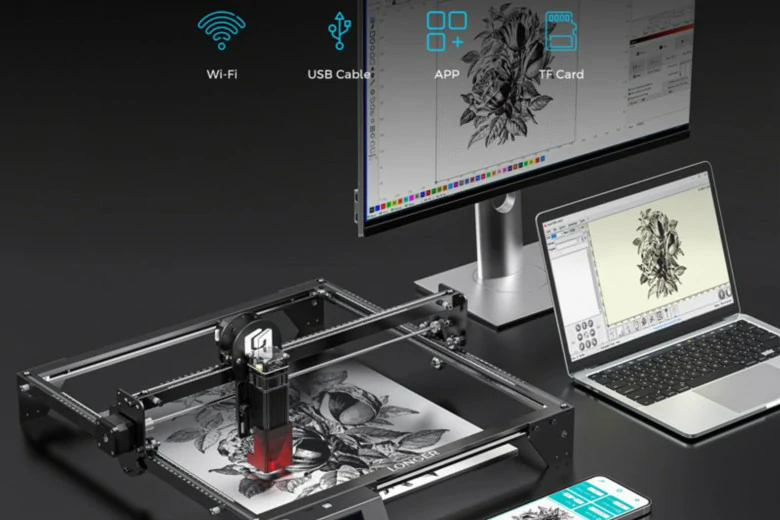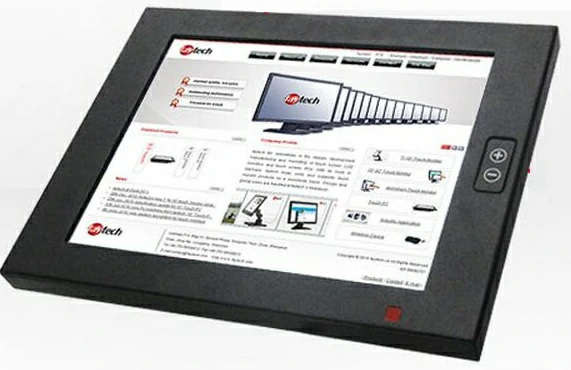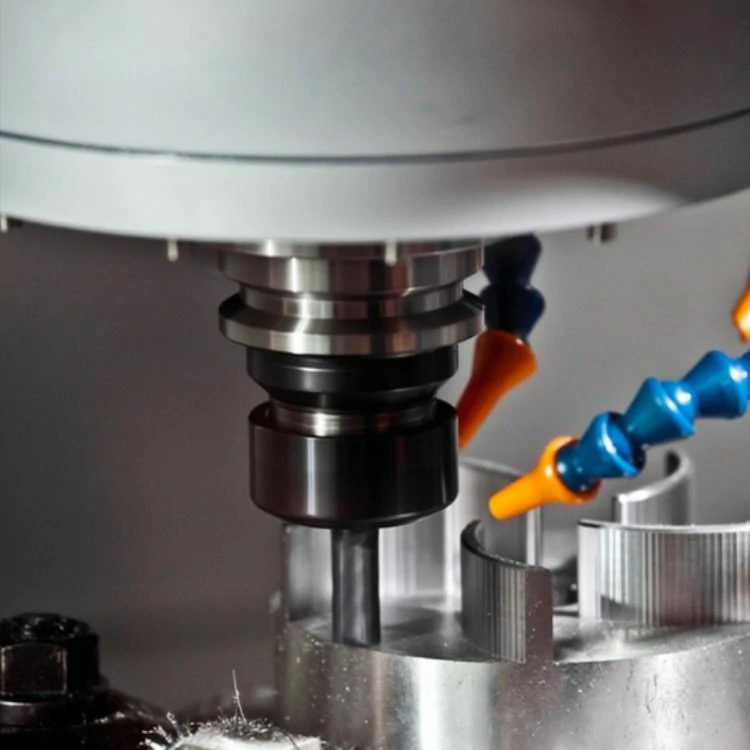9 Advantages of CNC Machining
CNC (Computer Numerical Control) machining has revolutionized the manufacturing industry by providing precision and efficiency in the production process. With the ability to program and automate machine tools, CNC machining offers numerous advantages over conventional manual machining methods. In this article, we will explore nine key advantages of CNC machining.
1. Accuracy: CNC machining ensures exceptional accuracy and precision in the manufacturing process. Computer-controlled machines eliminate human error, resulting in consistently high-quality parts and products. The use of advanced software and tools allows for precise measurements and tight tolerances, ensuring that every part is produced to exact specifications.
2. Efficiency: By automating the machining process, CNC machines significantly reduce production time. With faster spindle speeds and rapid tool changes, manufacturers can produce parts at a much higher rate compared to manual machining. This increased efficiency translates into shorter lead times and reduced costs for customers.
3. Flexibility: CNC machining offers unparalleled flexibility in terms of manufacturing complex shapes and designs. Through computer programming, CNC machines can produce intricate parts with multiple axes of movement, enabling the production of highly customized components. This flexibility makes CNC machining suitable for a wide range of industries, from aerospace to automotive.
4. Repetition: CNC machining excels in mass production and repetitive tasks. Once a program has been created, the machine can replicate the same part over and over again with consistent quality. This reduces the likelihood of errors and ensures uniformity in the final product, making it ideal for industries that require large quantities of identical components.
5. Safety: With CNC machining, operators are not exposed to the same level of risk as in manual machining. CNC machines are equipped with safety features such as emergency stop buttons, automatic tool length measurement, and interlocking guards. These safety measures protect operators from potential accidents and injuries, enhancing workplace safety.
6. Complexity: CNC machining enables the production of complex geometries and intricate designs that would be difficult or impossible to achieve with manual machining. The precision and accuracy of CNC machines allow for the creation of intricate details, sharp corners, and fine surface finishes. This opens up new possibilities for innovative product designs.
7. Consistency: CNC machining ensures consistent quality in every part produced. As the machining process is entirely computer-controlled, there is little room for variation or human error. This consistency is crucial for industries that require high-quality products that meet strict standards and specifications.
8. Cost-Effective: While the initial investment in CNC machines may be higher than traditional machines, CNC machining offers long-term cost savings. The increased efficiency, reduced scrap rates, and minimized downtime result in higher productivity and lower production costs over time. Additionally, the elimination of manual labor reduces labor costs and the potential for errors.
9. Prototyping: CNC machining is ideal for rapid prototyping and product development. With its ability to quickly produce accurate prototypes, CNC machining allows designers to test and refine their designs before full-scale production. This accelerates the product development process and reduces time-to-market, giving businesses a competitive edge.
In conclusion, CNC machining presents numerous advantages over conventional manual machining methods. Its accuracy, efficiency, flexibility, and safety make it an indispensable tool in modern manufacturing. Whether it is for mass production or rapid prototyping, CNC machining continues to drive innovation and shape the future of the manufacturing industry.
.webp)


